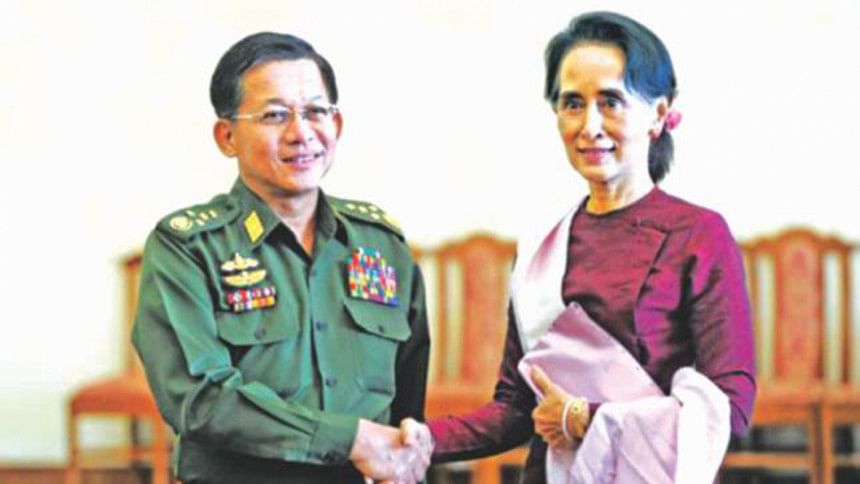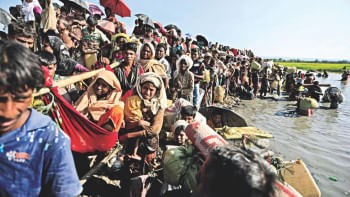Atrocities on Rohingya: Australia considers targeted sanctions against Myanmar

Australia is considering targeted sanctions in response to atrocities committed against the Rohingya in Rakhine state of Myanmar.
The country is preparing to act after the UN Independent International Fact-Finding Mission documented a series of atrocities committed against the ethnic minorities.
The Mission has recommended that Myanmar's top military generals be investigated for genocide, crimes against humanity and war crimes.
"The full report of the fact-finding mission adds to a large body of evidence indicating the commission of the most serious crimes under international law, particularly against the Rohingya," Australian Foreign Minister Marise Payne said.
"The Australian government is considering options in response to the fact-finding mission's report, including targeted sanctions," she said in a statement received from the Australian High Commission yesterday.
The report found instances of crimes against humanity and war crimes in Rakhine as well as sufficient evidence to warrant an investigation and prosecution for genocide perpetrated against the Rohingyas.
In line with the Mission's recommendations, Foreign Minister Payne said Australia would support new international efforts on accountability and justice in Myanmar, including at the UN Human Rights Council, of which Australia is a member.
The US, the UK and the European Union have all taken steps to suspend military cooperation with Myanmar.
Australia maintains an arms embargo, but rights groups are concerned the government continues to offer the Myanmar military support through humanitarian assistance, peacekeeping and English-language training.
There are more than 1.1 million forcibly displaced Myanmar nationals, known as Rohingyas, sheltered in Bangladesh. Of them, around 750,000 Rohingyas crossed the border following a brutal military crackdown since August 25, 2017.

 For all latest news, follow The Daily Star's Google News channel.
For all latest news, follow The Daily Star's Google News channel. 




Comments